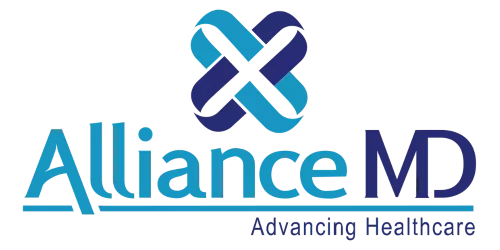How To Approach Someone To Seek Narcotic Dependency Treatment In Indiana
Relationships with friends, family, and lovers depend heavily on communication. Any good relationship must have the capacity to communicate thoughts and feelings. Unfortunately, addiction develops dishonesty and mistrust, frequently resulting in strained relationships with loved ones. How do you communicate to your loved ones before encouraging them to seek addiction treatment? It can be embarrassing, […]
What Causes Opioids To Be Utilized In Medications In Opioid Addiction Treatment In Indiana?
Addiction research has made great strides in learning more about the fundamental nature of drug use disorder, from the first surge of heroin abuse in the late 1960s and 1970s to the most recent pandemic that has lasted more than two decades. Despite the abundant scientific evidence, many people still fail to recognize addiction as […]
How To Openly Discuss Opioid Addiction Treatment in Michigan City?
Before choosing to seek treatment, children of drug abusers are frequently subjected to trauma during their caregiver’s sickness; nonetheless, protecting them from all traumatic experiences is challenging. Parents may be inclined to steer clear of these difficult talks. Still, opening up about opioid addiction treatment in Michigan City with their children is an essential first step toward […]
